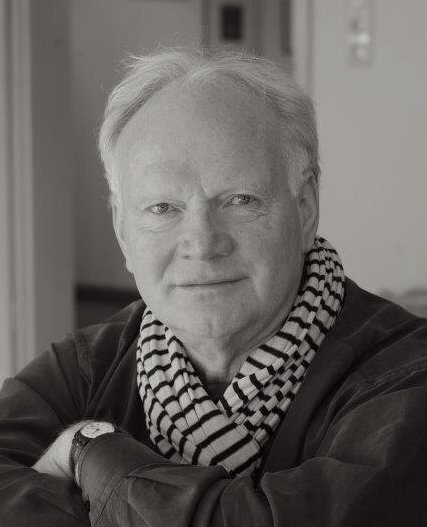N-keywords
Federation through Keywords
(Ulrich Beck, The Risk Society and Beyond, 2000)
Imagine us in “the risk society”—impregnated with existential risks we don’t know how to handle; we shall not move beyond the risk society—as long as we look at those problems through the same concepts we used when we created them.
The first and most important thing you want to know about these keywords is that they are custom-defined ways of looking or technically scopes; when I turn for instance culture into a keyword—I am not defining what culture "really is"; but giving you a way to look at the infinitely complex real thing; and producing a sort of a projection plane, to greatly simplify the matter. The point is that we can only see things whole if we look at them from all sides; and that if we can discover a way of looking that shows the thing as not whole—then the thing is not whole even when by "normal" way of looking it does look perfectly fine.
Keywords elevate us 'on the shoulders of giants' so we may see further.
As custom-defined words, keywordsenable us to think and speak in new ways. By creating keywords we can give old words such as “science” and “religion” a distinct function and a new life; keyword creation is a means to linguistic and institutional recycling.
When adopted from the terminology of an academic field, cultural tradition or frontier thinker, keywords enable us to account for what’s been seen, experienced or comprehended; to ‘stand on the shoulders of giants’ and see further; to see things in new ways and see them whole.

